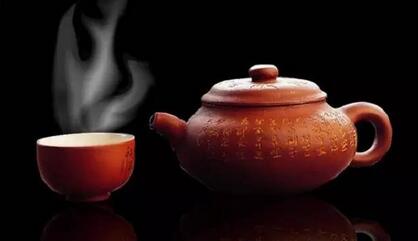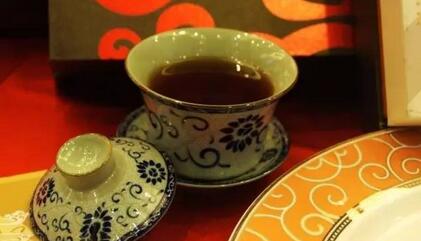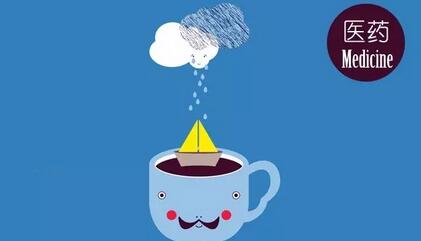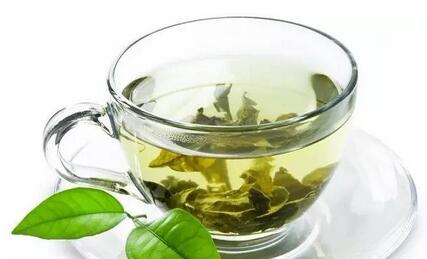In the world of tea, loving tea and understanding tea are two different things. Tea lovers drink tea daily, while understanding tea requires time and effort. Tea, a simple leaf, offers incredible value and benefits. In modern life, whether as a beverage or a symbol of value, tea provides vast knowledge and connections.
Drinking tea uplifts the mood, nurtures the spirit, and promotes health. However, if you’re accustomed to drinking tea without paying attention to the correct methods, you may not only miss out on its pleasures but also risk harming your health. Below, we explore the key considerations for drinking tea properly!

Avoid Drinking Tea That’s Too Hot
Drinking overly hot tea can irritate the mouth and esophagus, causing inflammation. From a nutritional perspective, lukewarm tea is best. Overly cold tea loses valuable nutrients like polyphenols and vitamin C due to prolonged exposure.
Avoid Drinking Tea Before Bed
This is especially important for beginners. Many people find it hard to sleep after drinking tea at night, which can affect their energy the next day. Those with insomnia or nervous disorders should be cautious.

Avoid Strong Tea
Strong tea contains excessive caffeine and theophylline, which overstimulate the nervous system, making it hard to focus or rest. It can also cause insomnia. For the elderly or those with weak constitutions, strong tea may trigger stomach issues. People with cardiovascular conditions may experience irregular heartbeats.
Avoid Drinking Tea With Meals
Drinking large amounts of tea or strong tea during meals can hinder the absorption of minerals like calcium, iron, and zinc. Avoid drinking tea with dairy products, as tannins in tea can bind with proteins, forming hard-to-digest compounds.

Avoid Drinking Tea After Alcohol
Alcohol is metabolized in the liver, and tea’s diuretic effect can push unprocessed toxins into the kidneys, potentially causing damage. Combining tea and alcohol also overstimulates the heart, posing greater risks for those with heart conditions.
Avoid Freshly Picked Tea
Newly harvested tea can irritate the stomach and worsen existing conditions. Fresh tea may contain unoxidized compounds like polyphenols and aldehydes, which can cause digestive discomfort if consumed excessively.

Avoid Tea During Menstruation or Pregnancy
Tea’s tannins can interfere with iron absorption, worsening anemia during menstruation. Pregnant women should avoid strong tea due to caffeine’s effects on fetal development and increased heart strain. If consumed, opt for weak tea after meals.
Avoid Tea With Medication
Tea can react with medications containing aluminum, iron, or enzymes, forming insoluble precipitates. Tea’s caffeine may also counteract sedatives. Avoid tea two hours before or after taking medicine.

Avoid Overnight Tea
Tea left overnight loses nutrients and may accumulate harmful substances like heavy metals if not stored properly.
Avoid Tea on an Empty Stomach
Drinking tea without food can dilute stomach acid, impair digestion, and cause discomfort like dizziness or nausea. It may also damage the stomach lining over time.

Common Mistakes to Avoid
1. Using a Thermos: Prolonged heat degrades tea’s flavor and nutrients.
2. Reusing Tea Leaves Excessively: Over-steeping extracts harmful substances and diminishes taste.
3. Over-Steeping: Extended brewing increases bitterness and stomach irritation.
4. Drinking Only Raw Tea or Green Tea Daily: These teas are cooling; balance with other types.
5. Drinking the Same Tea Year-Round: Match tea to seasons—floral in spring, green in summer, oolong in autumn, black in winter.
6. Skipping the “Awakening” Step: Properly awakening tea (e.g., rinsing with hot water) enhances flavor, but discard the first rinse.

Tea drinking is a daily habit for many, but incorrect practices can harm health. Enjoy tea wisely!